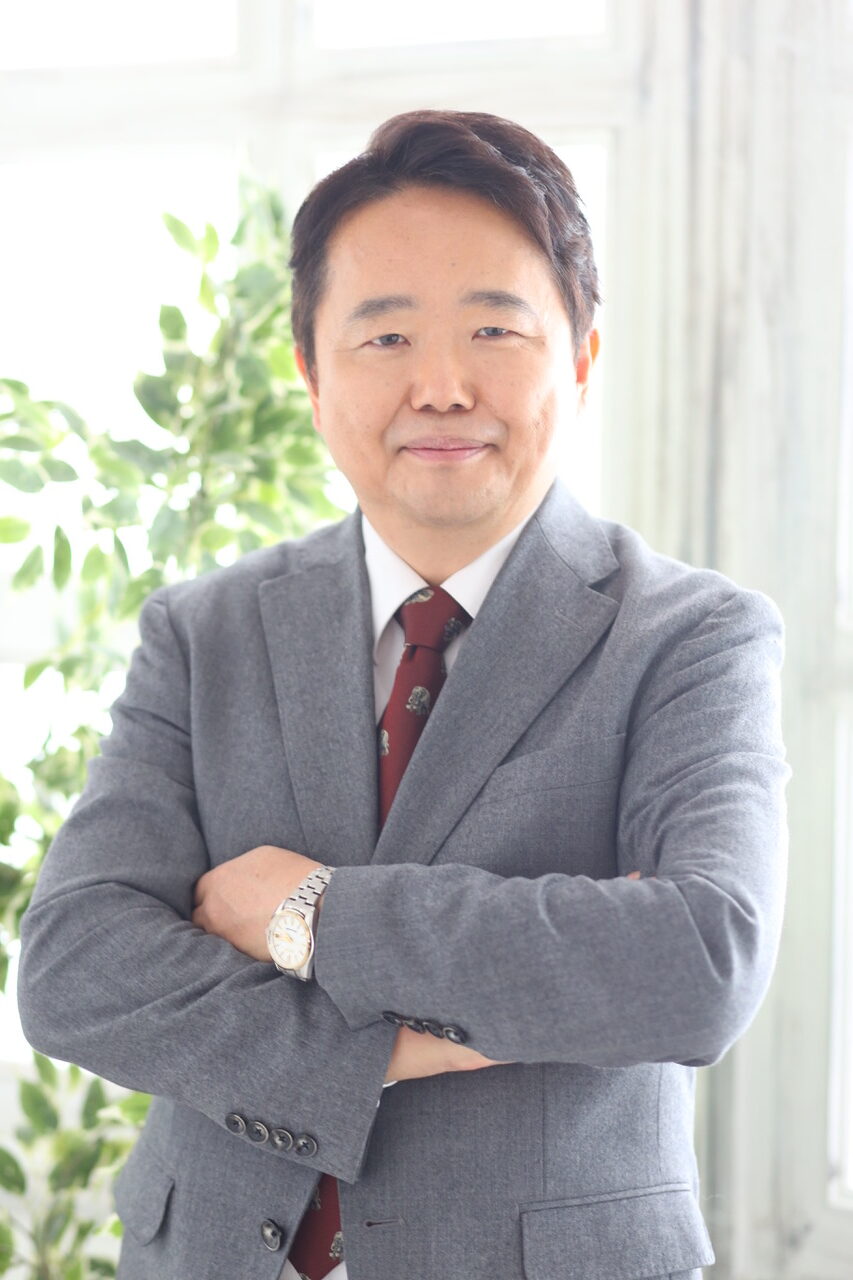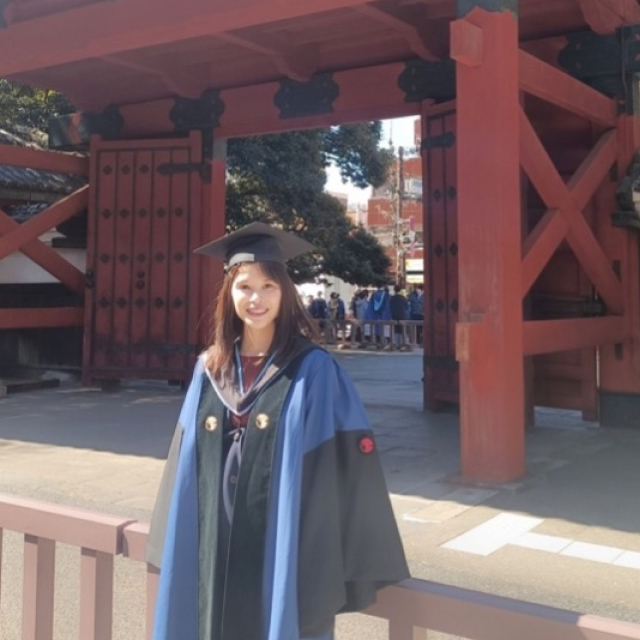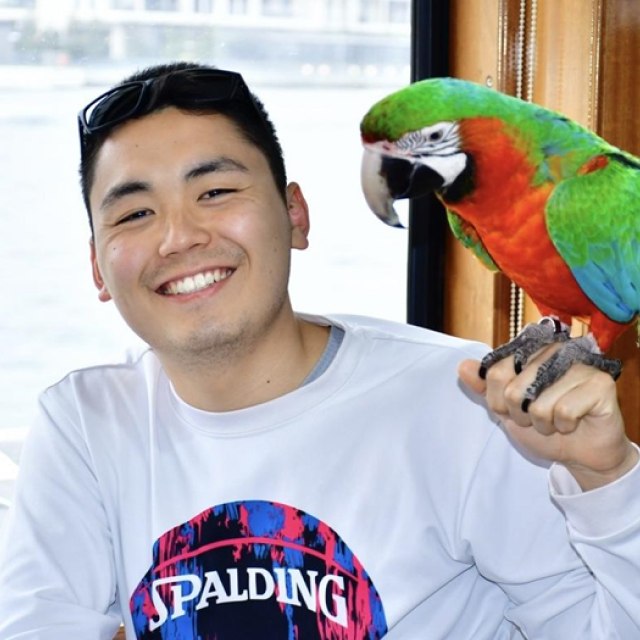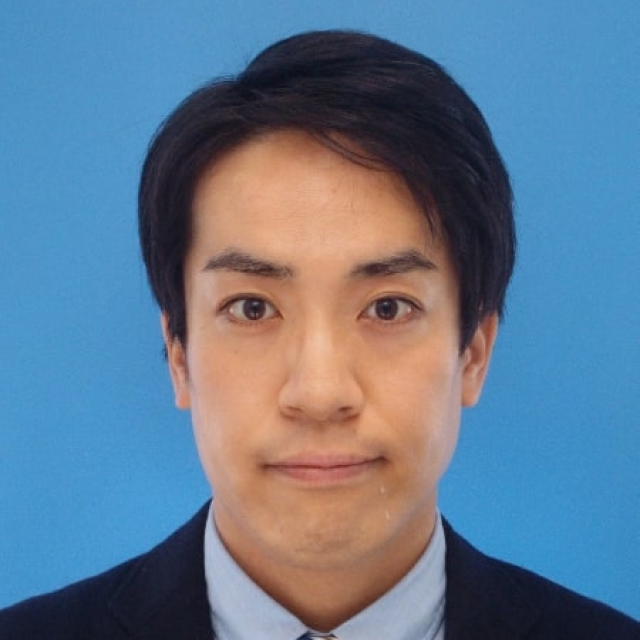Waseda University Reconciliation Studies Forum
[Event Report] Conflicting Discourses in Interpreting Contested Heritage: The Role of Diverse Communities in Fostering Dialogue for Peacebuilding and Reconciliation (June 14, 2025)
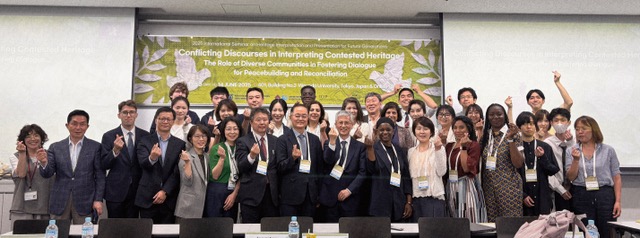
(Group Picture after the Conference)
On June 14, 2025, an international seminar titled “Conflicting Discourses in Interpreting Contested Heritage: The Role of Diverse Communities in Fostering Dialogue for Peacebuilding and Reconciliation” was held in a hybrid format at Waseda University and online. The event was co-organized by the Center for International Reconciliation Studies at Waseda University, the Institute of International Studies at Seoul National University, ICOMOS-ICIP, and Our World Heritage (OWH). Since its inception in 2022, this initiative has reached its fourth installment. The program was structured in three parts.
Session I, under the theme “Interpreting Japanese World Heritage Sites: Why are they dissonant, and how can they be reconciled?”, focused primarily on the case of the Sado Gold Mine in Niigata Prefecture. Presentations covered a wide range of perspectives, including an international relations approach to conflict heritage, local interpretations of the World Heritage registration and exhibition processes, and civic efforts to promote multifaceted values. In the ensuing discussion, the issue of history education was addressed. One flowingly noted the past failures of Japan–South Korea joint historical research initiatives and this very history underscores the significance of “International Reconciliation Studies” as a field. While Japanese and Korean participants led much of the discussion, third-party perspectives from outside the region also offered highly valuable insights.
Following the lunch break, Session II broadened the geographic scope to include cases not only from East Asia, such as Taiwan, but also from Europe, the Middle East, and Africa. The diversity of cases highlighted both the thematic universality and the distinct local contexts of “contested heritage,” illustrating the multiplicity of issues embedded in this field.
In Session III, five young researchers, selected from nearly one hundred applicants, presented their ongoing work. After the presentations, each was given thoughtful feedback by designated discussants. Some comments were specific to individual presentations, while others posed broader questions to all young researchers. One such comment pointed to the inherently political nature of “reconciliation” and urged presenters to remain critically reflective about how their research might be interpreted or misappropriated in unintended ways. The session served as a valuable moment for the young researchers to reflect on their future research directions. In parallel, a poster session featuring other young researchers was held in the entrance hall.
As is customary in this seminar series, each annual meeting is symbolized by a single word. This year, Dr. Jihon Kim, who served as the lead coordinator, selected the word “Joint”. Paired with last year’s word “Action”, it forms “Joint Action”, anticipating the continuation of this initiative in the coming years. For Professor Toyomi Asano’s welcome remarks, please refer to this article.


